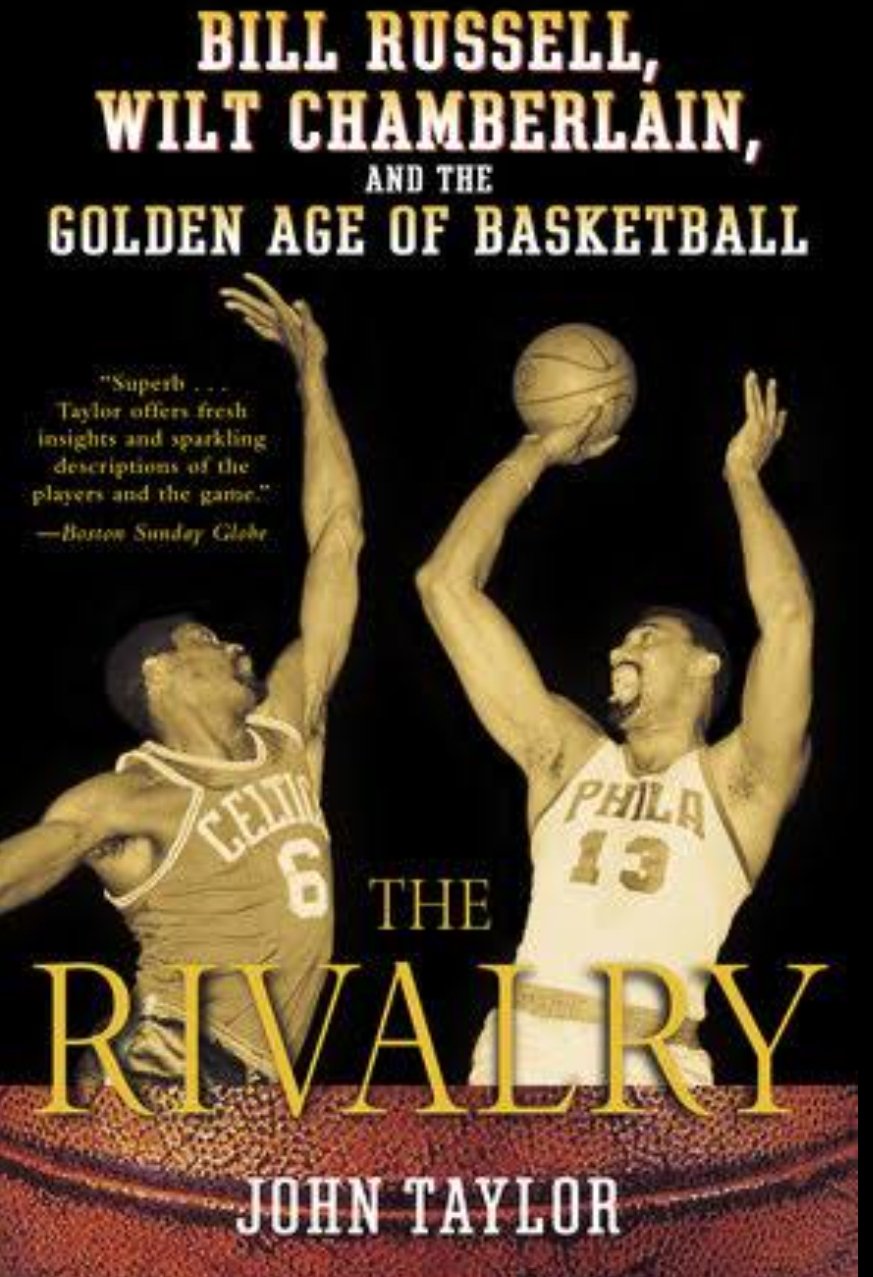**Bill Russell Blocked Wilt’s Legacy? The Untold Truth About Their Fiery Rivalry!**
The greatest tragedy in NBA history isn’t a missed shot or a bad trade—it’s how Bill Russell’s unparalleled team success cast a shadow over Wilt Chamberlain’s otherworldly dominance. For decades, basketball fans have accepted a simplistic narrative: Russell was the ultimate winner, Wilt was the stat-padder who couldn’t deliver when it mattered. But the real story is far more complex—and controversial. What if Russell’s Celtics dynasty didn’t just beat Wilt on the court, but actively blocked him from claiming his rightful place in history? The untold truth about their rivalry will make you question everything you thought you knew about basketball’s golden era.
When Wilt Chamberlain entered the NBA in 1959, he didn’t just break records—he shattered physics. A 7’1″, 275-pound force of nature with a 40-inch vertical, Wilt averaged 37.6 points and 27.0 rebounds as a rookie. The league had never seen anything like him. Meanwhile, Bill Russell, already two years into his career with the Boston Celtics, represented the antithesis of Wilt’s individual brilliance—a defensive savant who cared only about winning. Their first meeting set the tone: Wilt dropped 30 points and 28 rebounds on Russell, but the Celtics won the game. This would become the defining pattern of their rivalry—Wilt’s superhuman performances overshadowed by Russell’s victories.
The statistics tell a story that defies conventional wisdom. In their 142 head-to-head matchups (regular season and playoffs), Wilt averaged 30.1 points and 28.2 rebounds against Russell, while Russell managed just 14.2 points and 22.9 rebounds. Wilt outscored Russell by nearly 16 points per game and even outrebounded him by 5 boards per contest. In eight different games, Wilt grabbed 40+ rebounds against Russell—a feat no other player has accomplished against the greatest defensive center in history. Yet the Celtics won 85 of those 142 games. How? The answer lies in one of sports’ greatest systemic injustices: Wilt never had a fair fight.
While Russell played alongside a roster stacked with future Hall of Famers—Bob Cousy, John Havlicek, Sam Jones, Tom Heinsohn, K.C. Jones—Wilt spent his prime years carrying teams with marginal talent. In 1962, when Wilt averaged 50.4 points per game for an entire season, his Philadelphia Warriors lost to Russell’s Celtics in the playoffs because Wilt’s second-best player was Paul Arizin, a 34-year-old past his prime. The following year, Wilt put up 44.8 points and 24.3 rebounds in their playoff series—and lost again. The narrative was set: Wilt couldn’t win the big one. But the truth? No player in NBA history has been asked to carry such an overwhelming burden.
The turning point came in 1967, when Wilt finally got a competent supporting cast with the Philadelphia 76ers. The result? He led them to a then-record 68 wins, dethroned Russell’s Celtics in the Eastern Conference Finals (outplaying Russell in every statistical category), and won his first championship while averaging 21.7 points, 29.1 rebounds, and 9.0 assists in the playoffs. This was Wilt at his best—a dominant scorer, rebounder, and playmaker who could beat Russell at his own team-oriented game. Yet even this triumph was quickly overshadowed by Russell winning the next two championships, cementing the false dichotomy that Russell “always” beat Wilt.
The psychological warfare between them was even more fascinating than their on-court battles. Russell, the ultimate team-first player, openly mocked Wilt’s statistical achievements. “The only numbers that matter are wins and losses,” Russell would say, knowing his Celtics held the ultimate trump card. Wilt, desperate to prove he wasn’t just a numbers machine, began changing his game—sacrificing scoring to focus on passing and defense, which only made his critics claim he “wasn’t aggressive enough.” It was a no-win situation: when Wilt scored, he was selfish; when he facilitated, he was passive. Russell, meanwhile, was praised for doing less because it fit the Celtics’ system.
Perhaps the most damning evidence of Russell’s legacy-blocking effect comes from their 1969 Finals showdown. A 35-year-old Russell (in his final season) faced a 32-year-old Wilt (now with the Lakers). Wilt averaged 11.7 points and 25.0 rebounds while shooting 50% from the field; Russell put up 9.3 points and 20.5 rebounds on 39% shooting. Yet when Wilt missed Game 7 with a knee injury (after dominating the first six games), Russell’s Celtics won by two points, and the narrative became “Russell outlasted Wilt again.” Never mind that Wilt had outplayed him all series—the story was already written.
The aftermath of their rivalry shaped NBA history in ways we’re still unpacking today. Russell’s 11 rings became the ultimate trump card in any greatness debate, while Wilt’s statistical feats were dismissed as empty calories. But consider this: if Wilt had played for the Celtics and Russell for the Warriors, we’d likely be talking about Wilt as the undisputed GOAT with 10+ championships, while Russell would be remembered as a great defender who put up solid numbers on bad teams. Their legacies weren’t determined solely by skill, but by circumstance.
The untold truth? Bill Russell didn’t just block Wilt Chamberlain’s shots—he blocked his legacy. Through a combination of superior teammates, masterful psychological manipulation, and the NBA’s growing obsession with rings over individual greatness, Russell ensured history would remember him as the winner and Wilt as the talented but flawed runner-up. But the numbers, the game films, and the eyewitness accounts tell a different story: Wilt Chamberlain was the most dominant force basketball has ever seen, and his only real failure was being born in the same era as the perfect team to stop him.
So the next time someone says “Russell always beat Wilt,” remember: the truth isn’t about who was better, but about how we choose to measure greatness. And that’s a debate that will never be settled by rings alone.





